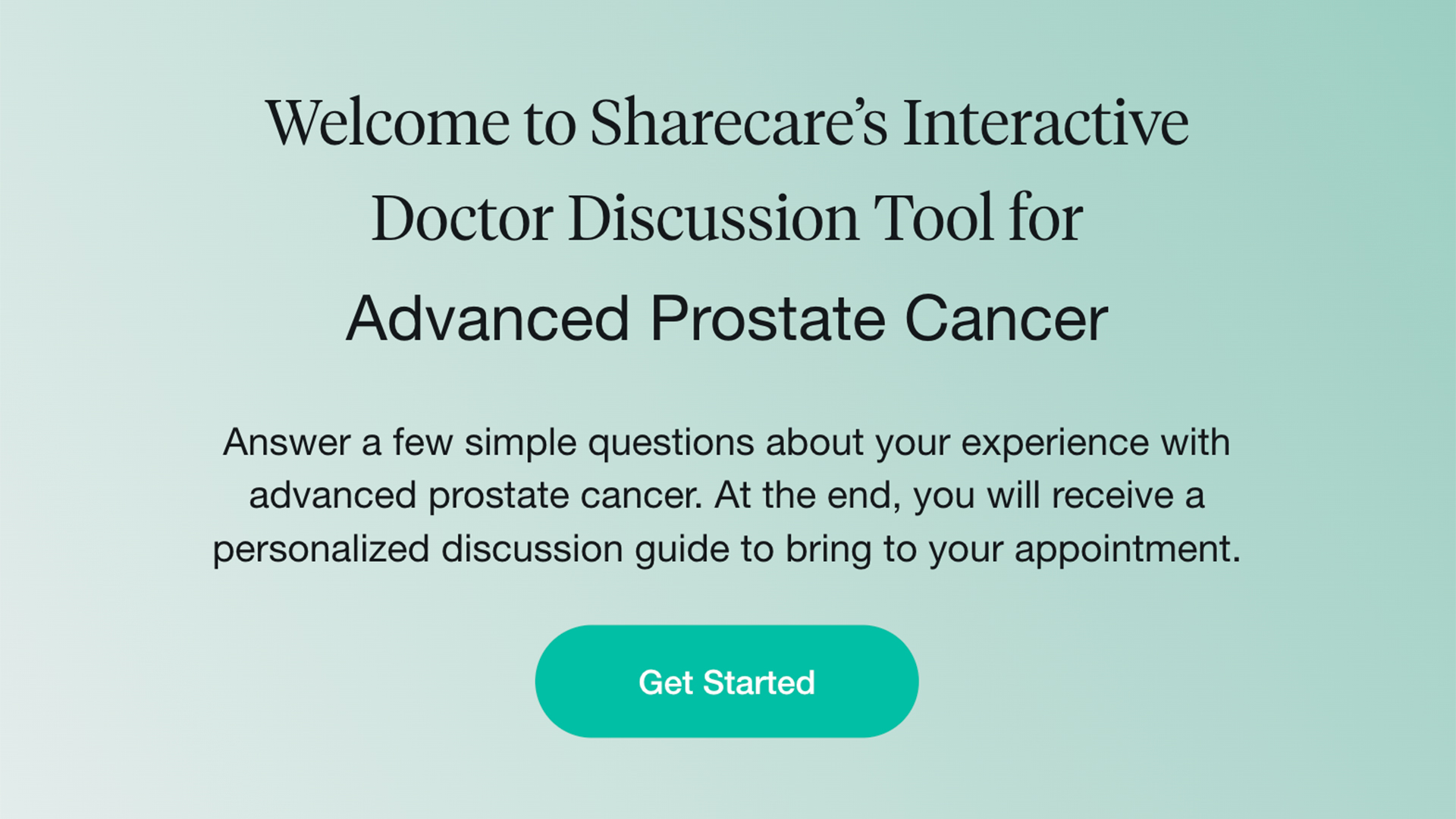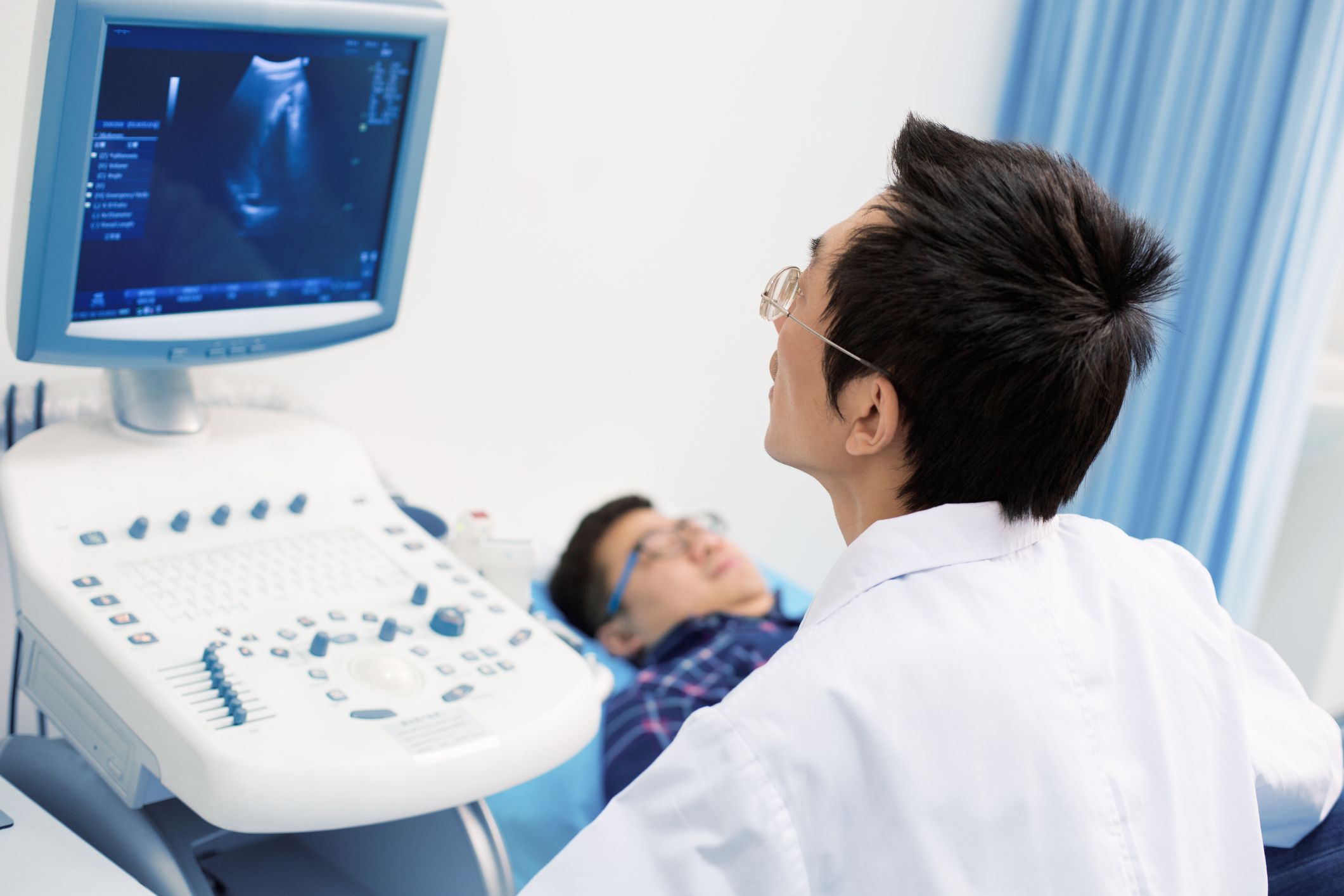Prostate cancer and CVD are related. In this video, Dr. Christopher Vaughn, Host of Cancer Shop Talk: Behind the Diagnosis with Dr. Vaughn, explains how.

Transcript
[MUSIC PLAYING]
Cardiovascular diseases, or CVDs, and prostate cancer are related in that many with prostate cancer are treated with what's called androgen deprivation therapy.
This may put them at increased risk for cardiovascular diseases. We're still figuring out how exactly ADT affects
risk of cardiovascular disease. There is data to suggest an association between 80t and increases in low-density lipoproteins,
triglyceride levels, and fat. With decreases in lean body mass, these may accelerate the development of atherosclerosis.
Your doctor will look at many things to determine your risk for CVDs. Importantly, they want to take a look at the lifestyle you led before your diagnosis
and your current risk. If you're a smoker, for instance, or don't get a lot of exercise, if you have a high body mass index, or BMI, or high blood pressure, high cholesterol,
or diabetes. These all increase your risk for CVDs. It's especially important to consider CVD risk when treating prostate cancer because noncancer related
deaths are the most common causes of mortality and prostate cancer. And of those, ischemic heart disease is the most common noncancer cause
of death in patients with prostate cancer. Ischemic heart disease occurs when the heart isn't getting enough oxygen. This leads to poor heart muscle function,
and can lead to heart failure or a heart attack. It's important that prostate cancer patients talk to their doctors to create a treatment plan to reduce
the risk of CVDs as there are plenty of ways to do so, ranging from dietary changes to different prostate cancer
treatments with less risk of CVDs. Talk to your doctor, and together you can come up with a plan that works best for you.




